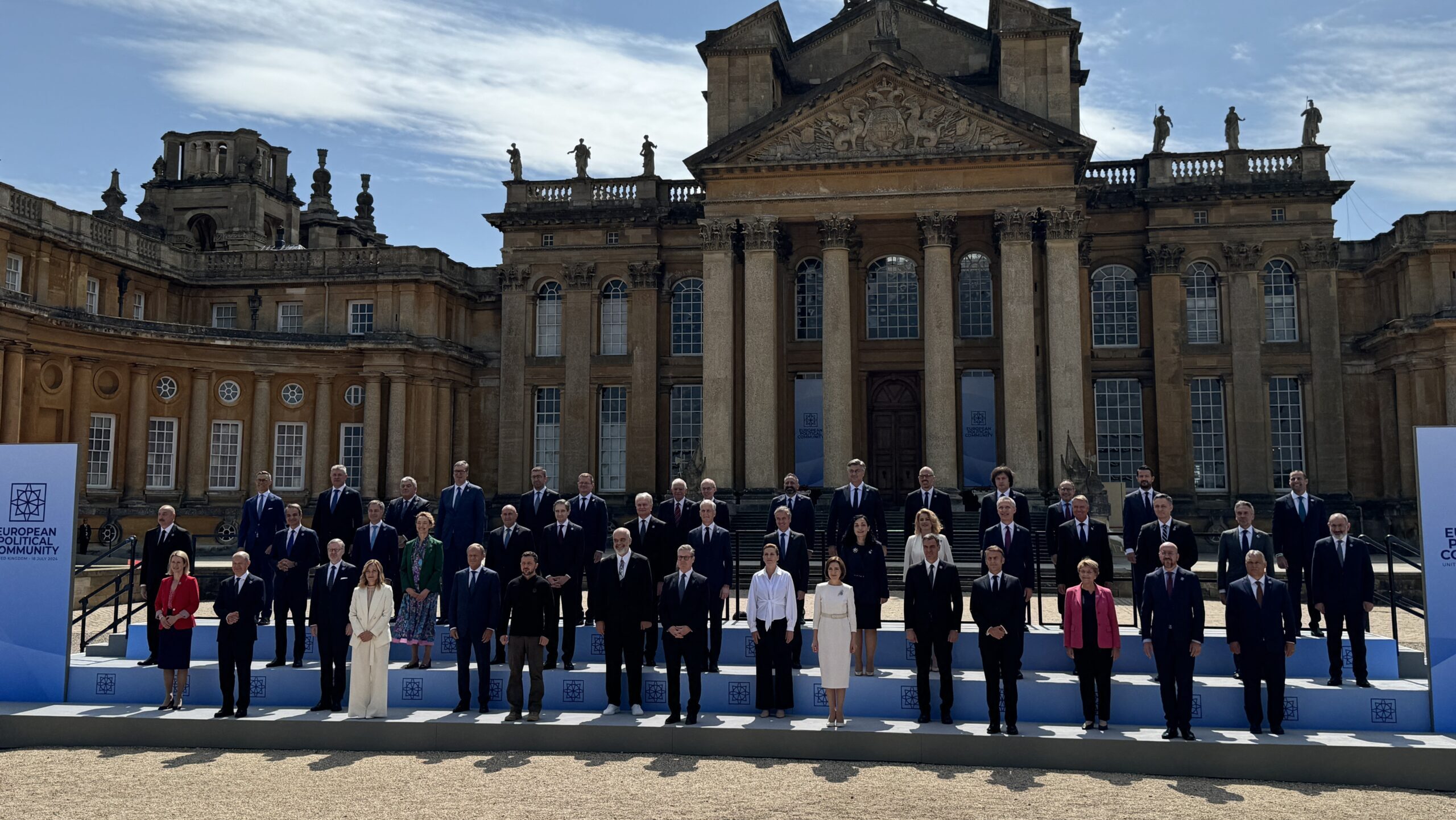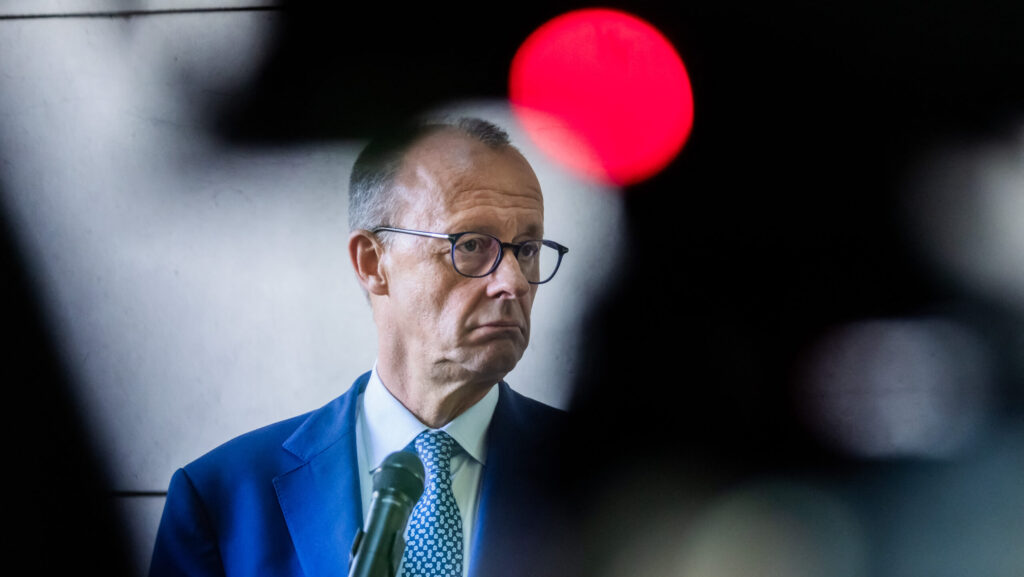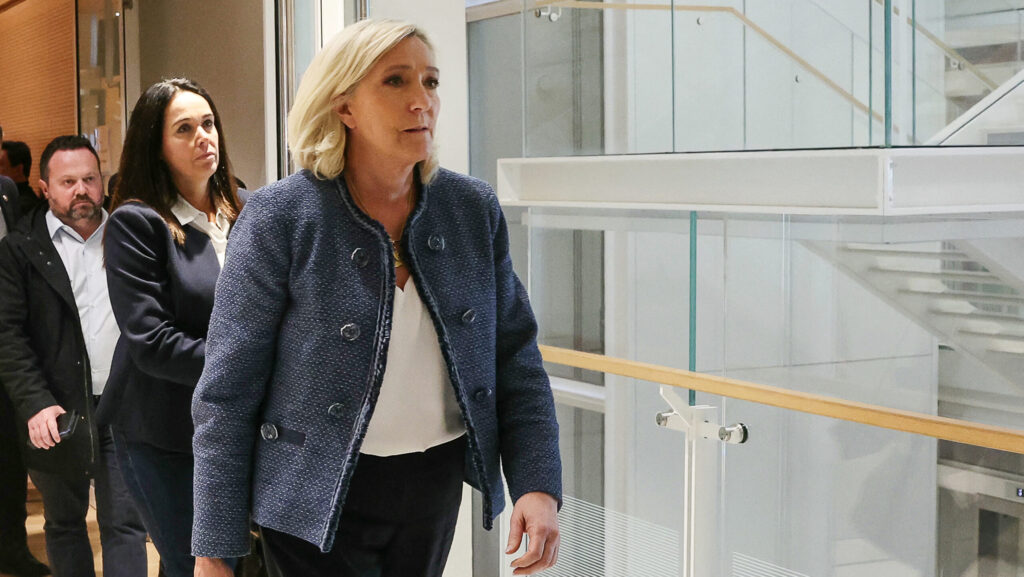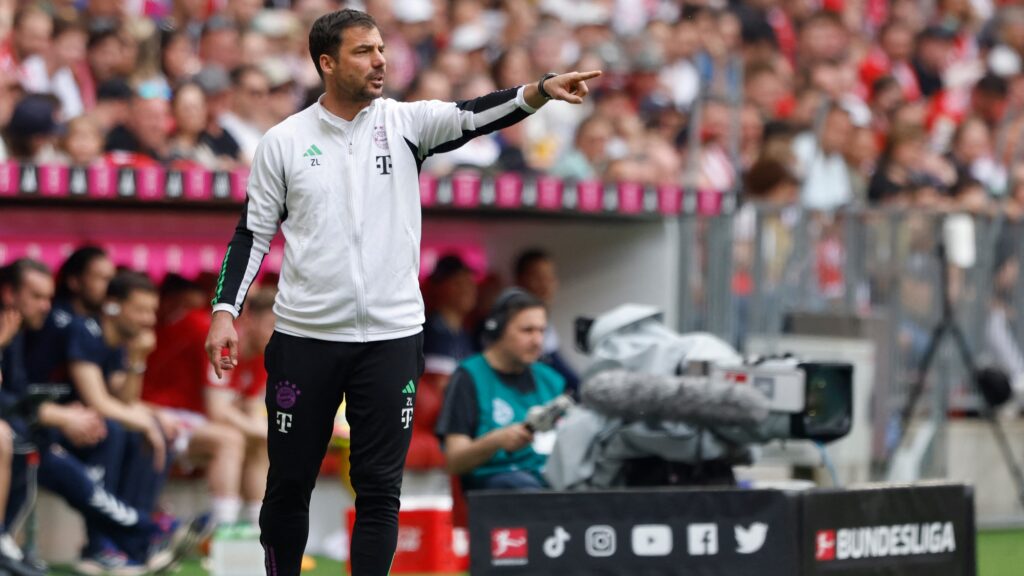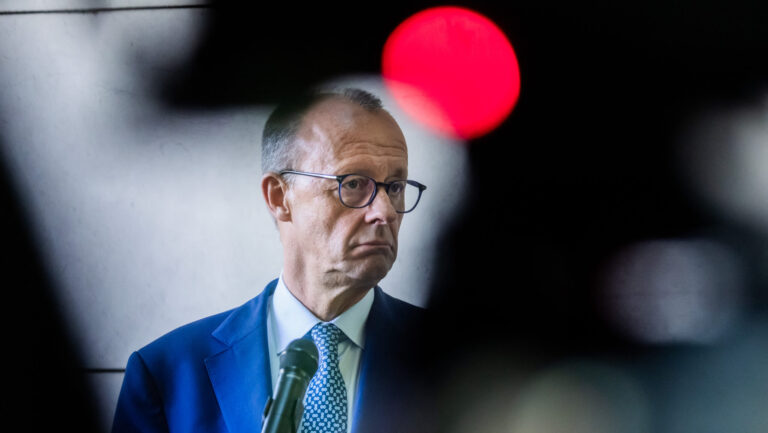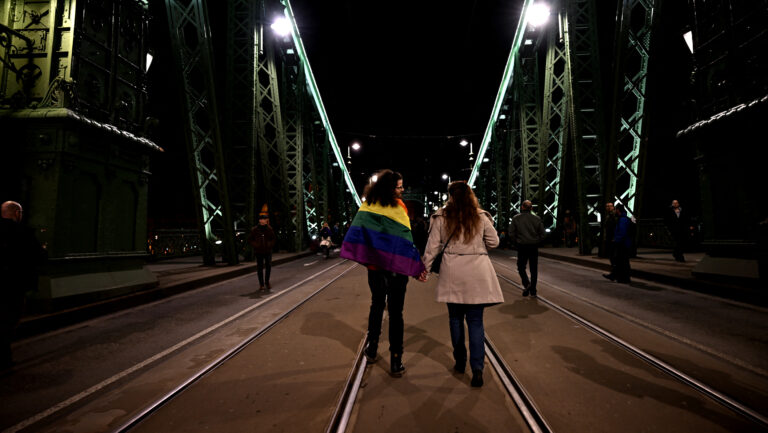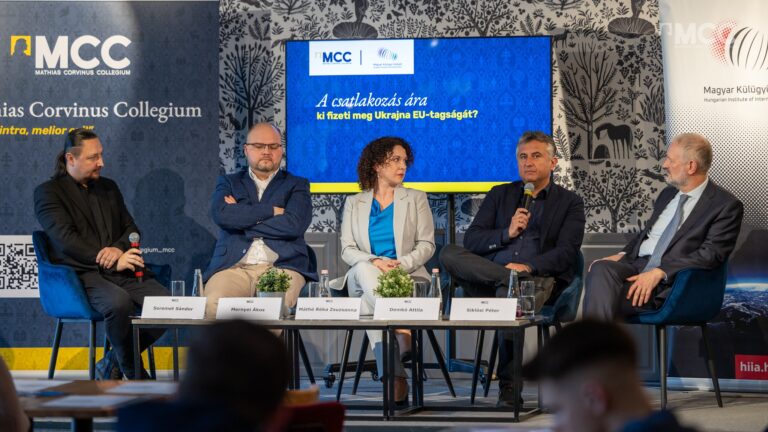The Hungarian EU Presidency has been marked by particularly active diplomatic engagement from the outset, exemplified by Prime Minister Viktor Orbán’s peace mission in early July. The upcoming week will be especially significant in this regard, as several high-profile summits are scheduled to take place in Budapest. ‘On 7 November, Hungary will host the summit of the Western world, the European Political Community (EPC), which will be attended by representatives from over 40 states, including not only EU member states but also the British Prime Minister and the Turkish President,’ Orbán stated in an interview with Kossuth Radio last Friday.
The Hungarian EU Presidency has been marked by particularly active diplomatic engagement from the outset, exemplified by Prime Minister Viktor Orbán’s peace mission in early July. The upcoming week will be especially significant in this regard, as several high-profile summits are scheduled to take place in Budapest. ‘On 7 November, Hungary will host the summit of the Western world, the European Political Community (EPC), which will be attended by representatives from over 40 states, including not only EU member states but also the British Prime Minister and the Turkish President,’ Orbán stated in an interview with Kossuth Radio last Friday.
A New Space for Cooperation
Launched on the initiative of French President Emmanuel Macron in 2022, the EPC serves as a ‘front door’ for countries aspiring to join the European Union, as well as for those closely cooperating with it. In his address to the European Parliament on 9 May 2022, Macron described the EPC as ‘a new European organization’ that would enable countries ‘that subscribe to our shared core values to find a new space for cooperation’ across various domains, including politics, security, energy, infrastructure, investment, and migration.
The inaugural ECP conference took place in Prague on 6 October 2022, attracting participation from 44 countries—a significantly broader representation than that of the EU, excluding Russia and Belarus, and including the UK, which left the EU in 2020. The EPC functions as an intergovernmental conference, meaning it is attended by heads of government. The EPC convenes twice a year, with one conference held in the spring in a non-EU country and another in the autumn in an EU member state.
‘The Hungarian PM stated that the upcoming summit would focus on enhancing the European Union’s economic competitiveness’
The most recent EPC summit took place on 18 July 2024 at Blenheim Palace in the United Kingdom. During the event, Orbán highlighted Hungary’s distinct perspective on European foreign policy. He stated: ‘The essence of our concept, which differs from the official concept, is that the European Union should not copy the foreign policy of the American Democrats but should have its own European approach in the spirit of strategic autonomy—and we are constantly advocating this here.’
Ahead of this week’s summit, Orbán travelled to Paris to meet with Macron to discuss preparations for the event. Following the meeting, the Hungarian PM stated that the upcoming summit would focus on enhancing the European Union’s economic competitiveness.
Unusual Circumstances
However, this summit will be unprecedent in more ways than one. The EPC meeting is scheduled just two days before the most significant US presidential election of the last decade, meaning that the participating countries are convening with an awareness—if not absolute certainty, given the vote counting process—of whether Donald Trump or Kamala Harris will be the next President of the United States. This could fundamentally influence the issues discussed at the summit and the strategies of the states in light of the outcome. The outcome could be particularly decisive for the war in Ukraine, while aspects of competitiveness also warrant attention.
Additionally, the summit comes shortly after the parliamentary elections in Georgia, where the ruling Georgian Dream party secured a majority. Brussels, led by Commission President Ursula von der Leyen, has expressed concerns about the elections’ integrity and is calling for an independent inquiry into the matter. In contrast, Hungarian Prime Minister Viktor Orbán visited Georgia immediately after the elections, expressing support for Prime Minister Irakli Kobakhidze and acknowledging the election results. Orbán suggested that, rather than issuing lectures, the European Union should focus on facilitating Georgia’s accession to the EU as soon as possible. PM Kobakhidze is also expected to attend the EPC summit.
The EPC summit will be followed by an informal meeting of the Council of the European Union, also taking place in Budapest. The purpose of this informal Council is to adopt the EU’s growth pact, which is one of the key priorities of the Hungarian Presidency.
The venue of the summit also merits a few remarks. As Balázs Orbán, the Prime Minister’s Political Director, has revealed, it will take place at the Puskás Ferenc Arena.
❓Did you know? The upcoming #EPC and informal #EUCO summits will be held at the largest multi-purpose stadium in #Budapest, named after the legendary Hungarian football player, Ferenc #Puskás. Having hosted concerts, football matches and athletics championships, the Stadium is… pic.twitter.com/hw4dYPtNWF
— Balázs Orbán (@BalazsOrban_HU) November 4, 2024
Demolished in 2016, rebuilt and reopened in 2019, the arena also hosts concerts and performances alongside sporting events, and is now opening its doors to the biggest diplomatic event in Hungary’s history.
Related articles:

